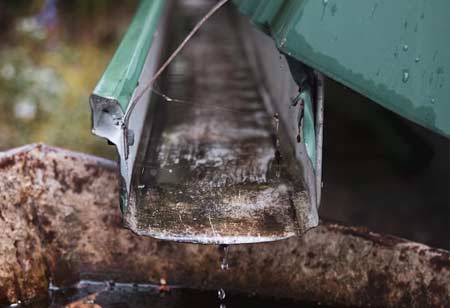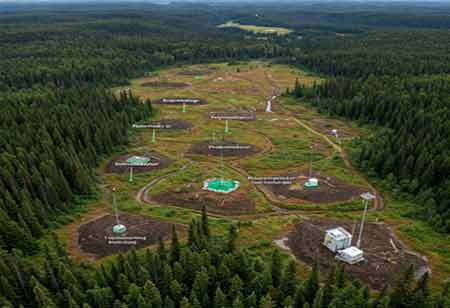Thank you for Subscribing to Environmental Business Review Weekly Brief
Harnessing Rainwater for a Sustainable Water Future
Rainwater harvesting plays a vital role in combating water scarcity, supporting conservation efforts, and advancing sustainable development goals worldwide.

By
Environmental Business Review | Tuesday, August 26, 2025
Stay ahead of the industry with exclusive feature stories on the top companies, expert insights and the latest news delivered straight to your inbox. Subscribe today.
FREMONT, CA: Rainwater harvesting is widely recognized as a key practice in sustainable water management. In addition to offering environmental, economic, and social advantages, it helps reduce reliance on limited freshwater sources, lessens ecological strain, and strengthens resilience to climate change. As such, it is a crucial strategy for securing long-term water availability, supporting economic growth, and safeguarding natural ecosystems for future generations. To maximize its impact, rainwater harvesting should be integrated into urban planning, agricultural systems, and daily water use practices.
Mitigating Water Scarcity
Rainwater harvesting helps mitigate water scarcity by capturing and storing rainwater for various uses, reducing dependence on traditional water sources such as groundwater and surface water reservoirs. Rainwater harvesting systems provide a reliable supplementary water supply for households, agriculture, and industries in regions prone to droughts or erratic rainfall patterns. This decentralized approach to water management enhances resilience against water shortages and supports sustainable development goals.
Promoting Water Conservation
By capturing rainwater before it runs off into storm drains or evaporates, rainwater harvesting promotes water conservation at the local level. It prevents water wastage and helps replenish groundwater aquifers, often overexploited in many regions. Utilizing harvested rainwater for non-potable uses such as landscaping, toilet flushing, and irrigation reduces demand for treated municipal water, conserving valuable freshwater resources for essential human consumption and ecological needs.
Cost Savings and Economic Benefits
Rainwater harvesting systems can save significant costs for households, businesses, and municipalities by reducing water bills and operational expenses. In agriculture, they support irrigation during dry periods, improving crop yield resilience. Investments in rainwater harvesting infrastructure also contribute to job creation and local economic development, especially in the construction and maintenance sectors.
Environmental Sustainability
Rainwater harvesting promotes environmental sustainability by reducing the ecological footprint of water extraction and distribution, minimizing energy consumption and greenhouse gas emissions. It also helps capture rainwater, reduce stormwater runoff, which can carry pollutants, improve water quality, and protect aquatic ecosystems.
Community Resilience and Self-Sufficiency
By decentralizing water delivery infrastructure, rainwater collection systems increase communities' resilience to water-related concerns such as climate variability and extreme weather. In addition to promoting self-sufficiency and community cohesiveness, this lessens susceptibility to infrastructure failures and natural disasters by empowering people and communities to manage their water resources sustainably.
Supporting Green Building Practices
Rainwater harvesting is a crucial aspect of green building practices and sustainable urban development initiatives, recognized by certifications like LEED for water efficiency credits. Retrofitting existing structures promotes resource conservation, reduces environmental impact, and enhances the sustainability performance of buildings and communities.
Educational and Awareness Benefits
Promoting rainwater harvesting initiatives raises awareness about water conservation and sustainable living practices among individuals, schools, and communities. Educational programs and public outreach campaigns encourage responsible water use behaviors and a culture of environmental responsibility. Engaging stakeholders through workshops, demonstrations, and educational materials can inspire broader adoption of rainwater harvesting as a practical solution to water security challenges.





